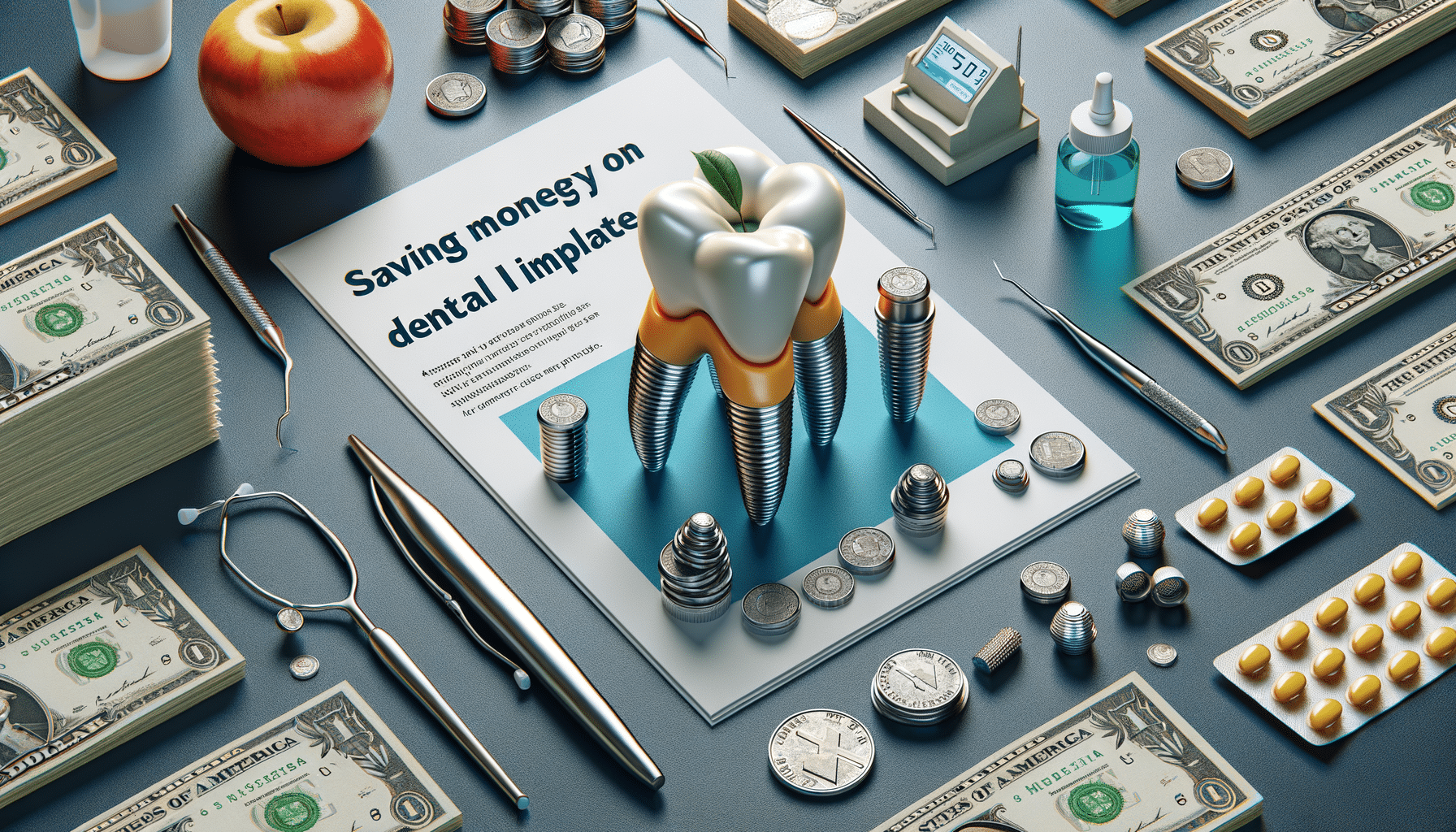
Guide to Saving Money on Dental Implants Using Medicare
Understanding Medicare and Dental Coverage
Medicare is a federal health insurance program primarily for individuals aged 65 and older, as well as certain younger people with disabilities. While it offers extensive coverage for many health-related expenses, dental care often falls outside its purview. Understanding the basics of Medicare’s coverage is essential for anyone considering dental implants, as it helps set realistic expectations and plan accordingly.
Medicare is divided into several parts, each covering different aspects of healthcare:
- Part A: Hospital Insurance
- Part B: Medical Insurance
- Part C: Medicare Advantage Plans
- Part D: Prescription Drug Coverage
While Part A and Part B cover a wide range of medical services, they typically do not include routine dental care, such as cleanings, fillings, or extractions. Dental implants, considered elective and cosmetic, are generally not covered. However, there are exceptions where dental procedures are necessary due to a medical condition or treatment, such as jaw reconstruction after an accident.
Medicare Advantage Plans (Part C) may offer additional dental benefits, including coverage for implants. These plans are offered by private companies approved by Medicare and may include extra benefits, but they also vary significantly in terms of coverage and cost. It is crucial to review the specifics of any Medicare Advantage Plan to understand the extent of dental coverage it provides.
Exploring Alternative Financial Assistance Options
Given the limited dental coverage under Medicare, it becomes important to explore alternative financial assistance options to manage the cost of dental implants. Several avenues can help alleviate the financial burden associated with these procedures.
Firstly, consider dental insurance plans that specifically cover implants. While traditional health insurance plans often exclude dental procedures, specialized dental insurance can provide significant savings. It’s essential to compare different plans, considering factors like premiums, coverage limits, and waiting periods.
Another option is to look into dental schools, which often offer services at reduced rates. Under the supervision of experienced professionals, dental students perform procedures, providing a cost-effective way to receive dental care, including implants.
Additionally, some nonprofit organizations and community health programs offer financial aid or sliding scale fees based on income. These programs aim to make dental care more accessible to those in need, although availability and eligibility can vary by location.
Lastly, consider discussing payment plans with your dentist. Many dental practices offer financing options that allow you to spread the cost of implants over time, making them more affordable. By exploring these alternatives, you can find a solution that fits your financial situation while ensuring you receive the dental care you need.
Practical Tips for Reducing Out-of-Pocket Costs
Even with Medicare and alternative financial assistance, dental implants can still represent a significant investment. However, there are practical strategies that can help reduce out-of-pocket expenses and make dental care more affordable.
One effective method is to prioritize preventive care. Regular dental check-ups and good oral hygiene can prevent the need for extensive dental work, including implants. By maintaining your oral health, you can avoid costly procedures and keep your dental expenses in check.
Another practical tip is to seek multiple opinions and quotes. Prices for dental implants can vary significantly between providers, so it’s wise to consult with several dentists to compare costs and treatment plans. This approach not only helps you find the most affordable option but also ensures you receive high-quality care.
Additionally, consider the timing of your procedure. Some dental offices offer discounts during off-peak times or have special promotions that can lower the cost of implants. Being flexible with scheduling can lead to significant savings.
Lastly, always inquire about any potential discounts or payment plans. Some dental practices offer discounts for upfront payments or have partnerships with financing companies that provide low-interest payment options. By being proactive and exploring all available options, you can effectively manage the cost of dental implants and ensure you receive the necessary care without financial strain.


